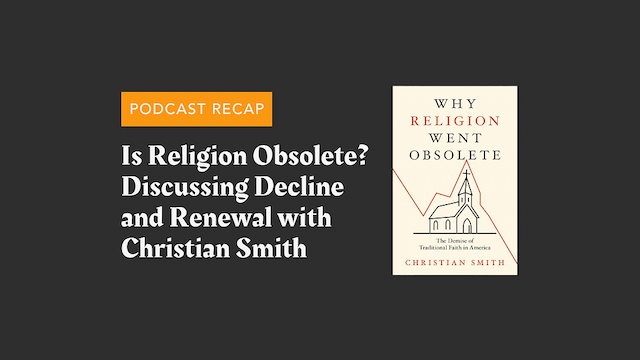Podcast: Return of the God Hypothesis with Dr. Benjamin Williams, Part 2

Check out the So We Speak podcast on Apple Podcasts or Spotify.
Here is the link to the first episode in this series.
Meyer’s main argument is that the most likely explanation for the creation of the universe (based on scientific evidence) is the existence of a Creator. Yet, in modern atheistic science, this is an audacious claim to make.
Meyer goes into abductive logic to explore the science of creation. Abductive logic bases its conclusions on probability ending with the most logical conclusion after a series of statements and/or observations. Sherlock Holmes is a good example of this type of logic—he bases his conclusions on the most likely explanation based on observation and facts.
Based on abductive logic, Meyer concludes a God created the universe, is involved in his creation, and has created humanity with the capacity to do science and make these kinds of observations.
The Creation of the Universe
There are various alternatives to explaining the origins of the universe. Examples include a universe that is constantly expanding and collapsing, information turning into matter and blowing up in the big bang, life from another life form, etc. Atheistic scientists are willing to go to these extremes to avoid the explanation of God as Creator.
This goes back to abductive reasoning—what is the best and most logical explanation for the evidence we see and know.
Fine-Tuning
This section asks the question, “Given the fine-tuning that scientists observe, what is the most logical explanation for how the universe functions?”
Fine-tuning deals with uniformity in all the pieces. An example is how electrons, neutrons, and protons function. They follow certain rules and never divert from those rules. How gravity functions throughout the universe is so immensely detailed that if there were to be a minuscule change in this force, the universe would cease to exist.
The numerical specificity required for the universe to function as it does is so minute and detailed and astronomically small that, according to Meyer, the most likely conclusion is that there is a Creator. Numbers at that level do not just “happen” by chance. The answer of a Creator makes the most sense–it is the most likely explanation.
The Design of Life
In the creation of human life, new information is created through DNA that did not exist pre-conception. By way of comparison, a software developer knows an operating system is not created by randomly typing in ones and zeros but is built by hours of meticulous work with millions of lines of code all of which must have numbers in the correct order to work.
If there is this level of detailed intentionality behind the creation of an operating system, what does this say about the vast complexities of human life? DNA is so detailed, intricate, and unique that it cannot be recreated by any human being.
The most likely explanation for the creation of the universe (based on scientific evidence) is the existence of a Creator.
Brittany Proffitt lives in Dallas and is a writer and content manager for So We Speak.











